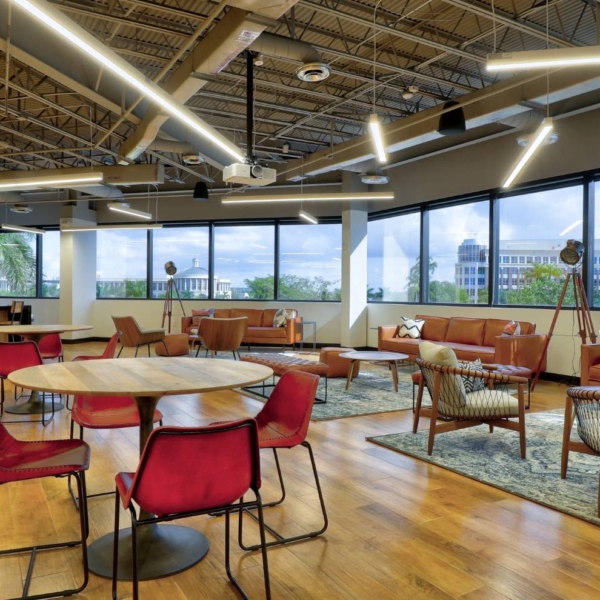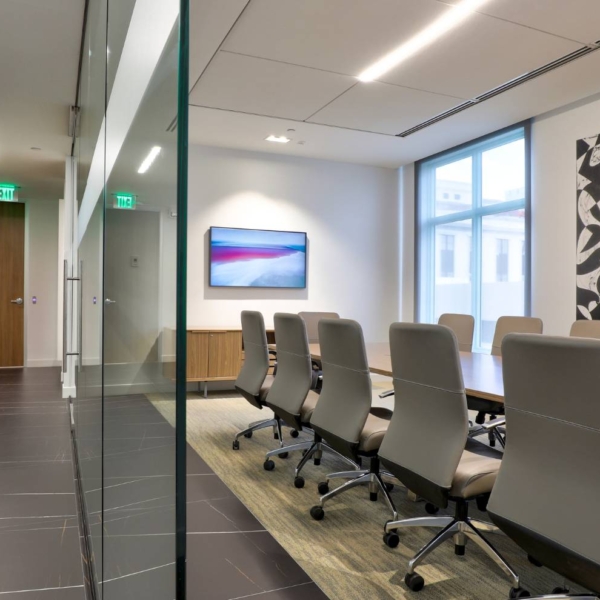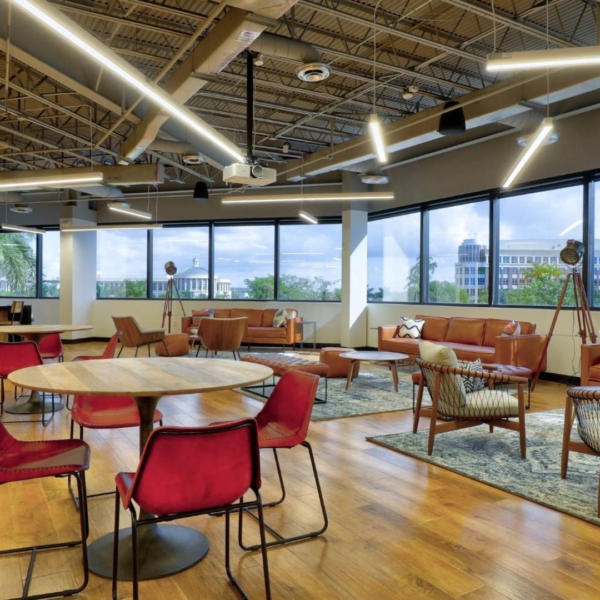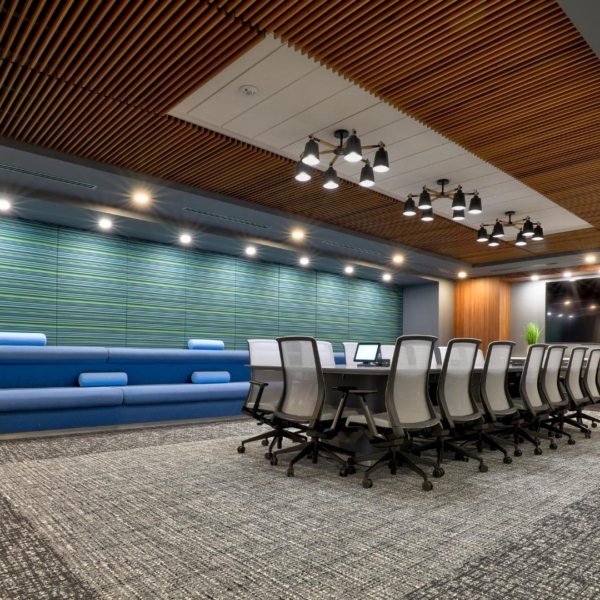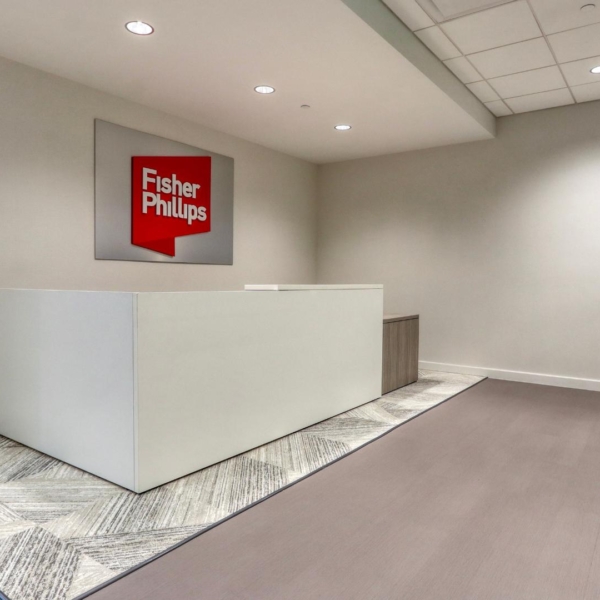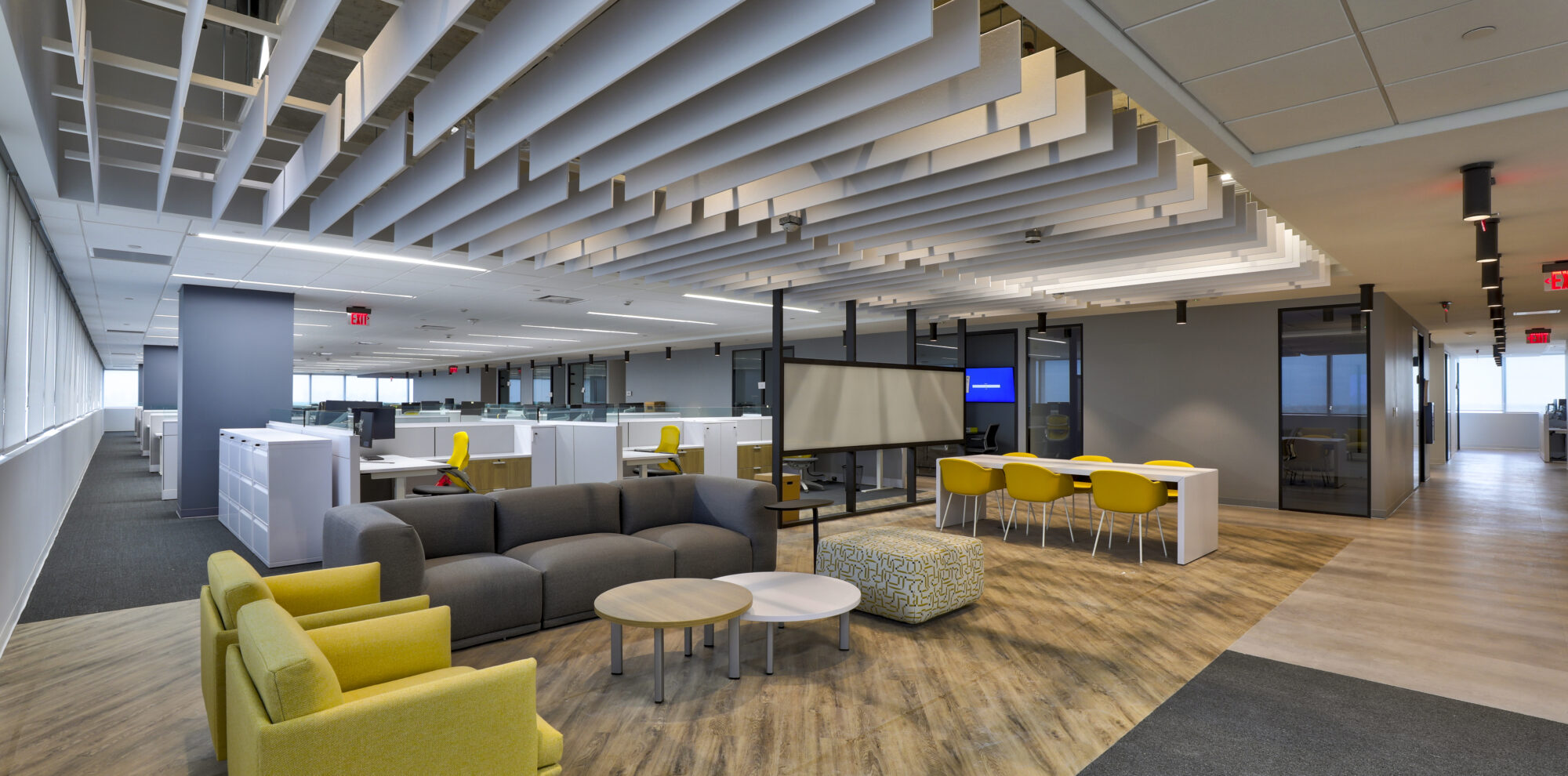On this page, we’ll discuss what to know in licensing requirement for South Florida Construction Companies, how South Florida Construction Companies ensures quality work, and more!
Intro To South Florida Construction Companies
Navigating the licensing landscape is crucial for South Florida construction companies to ensure compliance, operational legitimacy, and growth, particularly for engineers and employees across various locations. Understanding the specific requirements, from certifications to permits, sets a solid foundation for any entity looking to grow and thrive in this competitive market.
This introduction offers an essential guide on what these businesses must secure, including engineers and employees, before breaking ground on new projects in different regional locations. This ensures they meet all legal expectations without delay.
What Are the Types of Licenses Required for Construction Companies?

Construction companies and engineers in South Florida must adhere to strict licensing requirements for employees across different regional locations.
These top licenses ensure that firms in FL are legally authorized to undertake construction work. South Florida construction companies need several licenses, each serving a different purpose.
The first essential license is the General Contractor License. This allows companies to oversee and execute significant projects such as building commercial structures or residential homes.
Commercial general contractors in FL must hold this license to operate lawfully. The General Contractor License ensures that contractors have met the necessary educational qualifications, passed relevant exams, and possess adequate experience.
Another vital license is the Building Contractor License, which permits construction on smaller-scale projects compared to those requiring a General Contractor License. It limits contractors mainly to residential and light commercial work rather than large-scale developments.
A Residential Contractor License is also required for those specializing in home building and remodeling tasks tailored to residential properties.
To maintain high standards within the industry, these licenses often require renewal through continued education and adherence to updated building codes and regulations.
Prospective clients should verify if a company holds the following:
- A valid General Contractor License
- A Building Contractor License
- A Residential Contractor License
Specialty Contractor Licenses may be needed depending on services offered by a company—like roofing or plumbing—which necessitate specific skill sets.
Each license type comes with its prerequisites, ensuring only qualified professionals engage in South Florida’s vibrant construction industry. Failure to comply can result in legal repercussions, including fines or cessation of operations.
Companies must navigate these licensure requirements carefully for legal compliance and ensure quality and safety standards are upheld during operation.
Why Licensing Is a Fundamental Requirement for Construction Firms?

Licensing acts as a trust seal for construction firms. It assures clients that they are dealing with credible and qualified professionals. This is especially critical for South Florida construction companies, given the region’s stringent building codes due to weather challenges like hurricanes. A license demonstrates adherence to these codes, which is vital for safety.
Clients often seek out licensed firms because it means the company has met specific standards of knowledge and skill.
This is particularly important in complex projects undertaken by commercial general contractors in FL, where precision and expertise are non-negotiable. Licensed firms can also obtain necessary permits, ensuring all work is legal and up to code.
Licensed South Florida construction companies have another edge: accountability. Clients have recourse through state regulatory bodies overseeing licensing if issues arise. This provides an extra layer of protection against substandard work or unethical practices.
Many financial institutions require proof of licensing before issuing loans or bonding — crucial aspects of funding large-scale construction projects.
Benefits of being a licensed firm include:
- Assurance to clients about credibility.
- Compliance with local regulations.
- Eligibility for permits and bonds.
- Recourse options for clients if disputes occur.
How to Verify the Validity of a Construction Company’s License?

To confirm a construction company’s license, request their license number. Legitimate South Florida construction companies will provide this without hesitation.
Use state and local government websites dedicated to licensing verification for general contractors in Miami and other areas. These platforms maintain up-to-date records on licensed contractors.
Check if the license is active and valid and covers the type of work you need. Some licenses have limitations or are classified to specific kinds of projects only. Review any past disciplinary actions or complaints that may affect trust in their services.
Next, consider contacting industry organizations like the Associated General Contractors (AGC) of America. They often have resources to verify member credentials, including licensure status.
Remember:
- Request the contractor’s license number.
- Use official websites for verification.
- Ensure the license fits your project scope.
- Check disciplinary records.
- Contact industry organizations as needed.
A thorough approach includes reviewing insurance coverage alongside licensure validity. Insurance protects against potential property damage or injuries during construction projects.
Lastly, ask for references from completed projects similar to yours. Reputable companies proudly showcase their work, and satisfied clients’ testimonials can add confidence in their legitimacy.
How to Recognize Fake or Expired Licenses When Assessing Contractors?

Recognizing fake or expired licenses is crucial when selecting a Florida construction company. It safeguards against fraud and ensures compliance with legal standards.
Start by examining the physical license closely. Look for official seals, holograms, and authentic signatures that are difficult to replicate. Counterfeit licenses may have blurred text or images, incorrect font types, or misaligned elements.
Check the license number through state databases online. Most states provide a public search function where you can input the license number to verify its status.
For instance, in South Florida, reputable general contractors in Miami will have their credentials readily verifiable through such databases.
What Steps to Take If You Encounter an Unlicensed Construction Company?

If you suspect a construction company is operating without a license in South Florida, take immediate action. First, verify the license status with local authorities. In Miami, for example, this could involve contacting the Department of Business and Professional Regulation (DBPR). They maintain records of licensed contractors.
Next, refrain from signing any contracts or agreements. An unlicensed contractor may present risks, including substandard work and legal liabilities. It’s crucial to report your findings to the DBPR. They can investigate and take appropriate actions against unlicensed operations.
- Verify contractor’s license via official channels
- Avoid entering into contracts with suspicious companies
- Report unverified entities to local regulatory bodies
When dealing with construction projects, always opt for legitimate firms like a commercial general contractor in Miami with proper credentials. These companies adhere to building codes and regulations, ensuring safe and quality constructions.
Seek recommendations from trusted sources if you need clarification about a company’s legitimacy. Friends or family who have had construction work done recently might provide valuable insights into the reliable contractors they used.
What Role Licensing Plays in Compliance with Building Codes?

Licensing is crucial for any South Florida construction companies. It ensures adherence to strict building codes essential for safety and legal compliance. Licensed contractors, like a commercial general contractor in Miami, must demonstrate knowledge of local, state, and federal regulations.
Licensed professionals are required to stay updated on changing laws. This includes zoning laws and environmental restrictions. Their expertise helps navigate complex code requirements during construction projects. They assure that structures will be safe for occupancy.
With proper licensing, companies can avoid penalties or project shutdowns. This can lead to costly delays and damage reputations. Clients should verify licenses to ensure their project adheres to all necessary codes.
Importance of licensing:
- Ensures knowledge of building codes.
- Keeps professionals updated on law changes.
- It helps avoid legal issues and penalties.
A licensed contractor’s role extends beyond mere compliance; they also advocate for high standards within the industry. By choosing a licensed South Florida construction company, clients contribute to maintaining quality across the board.
When Construction Companies May Require Additional Specialty Licenses?

Specific projects demand specialty licenses beyond the general contractor’s license. This is often the case when work involves specific systems or structures that require additional expertise. For example, a Florida construction company may need extra credentials for:
- Electrical work
- Plumbing
- Roofing
- Mechanical systems
These specialties ensure safety and compliance with local regulations in South Florida construction companies. They also signal to clients that the company has the necessary skills.
In Florida, specialty contractors must pass exams related to their field. They must also show proof of experience. With these licenses, companies can legally perform specific tasks. This could lead to fines or even business closure.
South Florida construction companies might engage in complex projects like high-rises or coastal developments. These can involve unique challenges such as wind mitigation or flood resistance measures.
A roofing project in hurricane-prone areas is an example where additional licensing is crucial. The state requires roofers to have a specialized license due to the technical nature of this work and its importance for building integrity during storms.
How Licensing Affects Your Confidence in Hiring a Construction Company?

Licensing is a critical factor when selecting a South Florida construction companies. It signifies that the company has met specific standards set by regulatory authorities. These standards often include knowledge, experience, and financial stability. Licensed companies are more likely to adhere to building codes and safety regulations.
When you hire a licensed construction company, you gain peace of mind. You know they have passed rigorous state exams and background checks. T
his assurance helps build trust between you and the contractor. Moreover, licensed contractors must carry liability insurance and workers’ compensation coverage. This protects homeowners from potential accidents or damage during construction.
Licensed South Florida construction companies are accountable to industry ethics as well. They face consequences for not following contractual agreements or building practices. As such, licensing acts as your safeguard against substandard artistry.
To illustrate:
- Licensed South Florida construction companies contractor will ensure proper permits for your project.
- They can handle specialized tasks that require additional licenses.
- Their work is subject to inspection by local authorities for compliance with current codes.
In short, hiring a licensed company means investing in quality and reliability.
Now consider the risks of hiring unlicensed contractors:
- They may offer lower bids but at the cost of professionalism.
- Unlicensed work can lead to costly repairs down the line.
- You could be liable if an unlicensed worker gets injured on your property.
These points underscore why licensing should heavily influence your decision-making when choosing a South Florida construction company.
Conclusion
In South Florida construction companies, licensing is a foundation for legitimacy and adherence to established building codes.
This article has dissected the multifaceted nature of licenses required by construction companies, emphasizing their critical role in safeguarding consumer confidence and ensuring regulatory compliance.
Clients must exercise due diligence in verifying the authenticity of a contractor’s license, recognizing the red flags associated with fraudulent credentials, and understanding the recourse available when encountering unlicensed entities.
The intricate tapestry of licensing fortifies the construction sector’s integrity and significantly impacts your assurance in selecting a reputable company.
As you navigate the complexities of hiring a construction firm, let this guide serve as your compass toward making informed decisions. Remember to consult verified sources and demand transparency on licensing matters before committing to a contractual engagement.
For further assistance or inquiries about South Florida construction companies and their licensing statuses, do not hesitate to contact industry experts and regulatory bodies.

